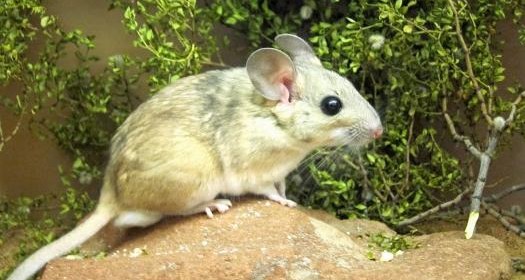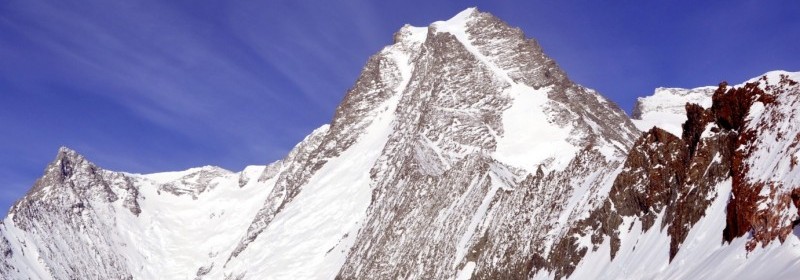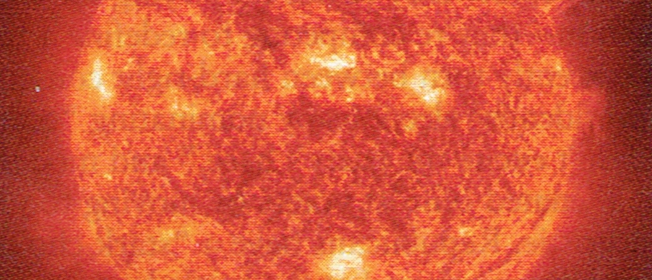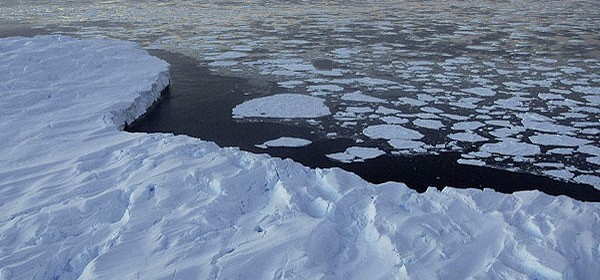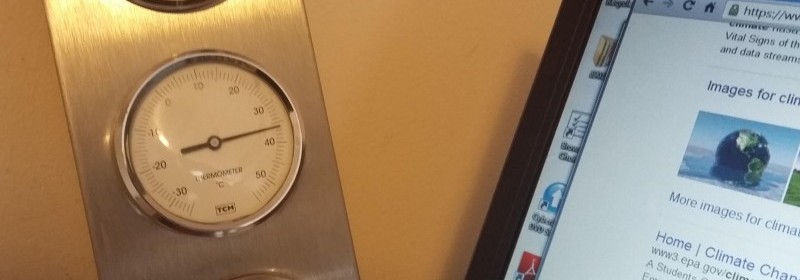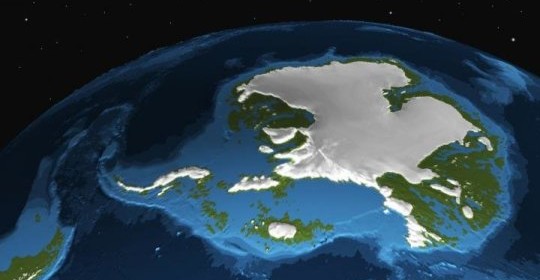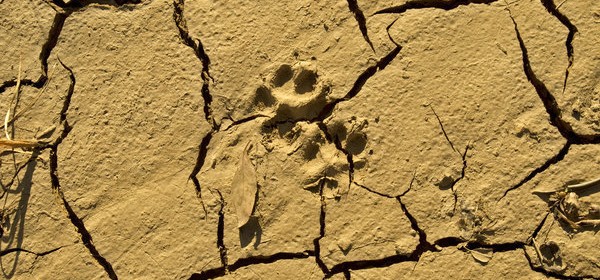US blocks India’s solar power plan
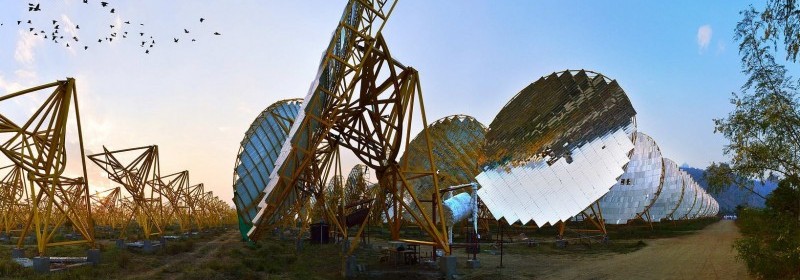
India has been told that it cannot go ahead as planned with its ambitious plan for a huge expansion of its renewable energy sector, because it seeks to provide work for Indian people. The case against India was brought by the US. The ruling, by the World Trade Organization (WTO), says India’s National Solar Mission − which would create local […]
Read more

